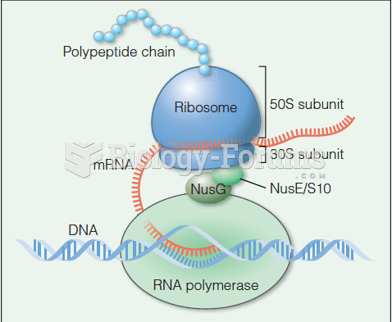Interactionist theories, despite their emphasis on interaction, almost always attempt to explain macro structures.
Indicate whether this statement is true or false.
Question 2
matching
1) traditional society
2) the rationalization of society
3) capitalism
4) formal organization
5) bureaucracy
6) McDonaldization of society
7) alienation
8) Peter principle
9) goal displacement
10) voluntary association
11) iron law of oligarchy
12) worker empowerment
13) humanizing a work setting
14) hidden corporate culture
15) cyberslacking
A) a secondary group designed to achieve explicit objectives
B) the adoption of new goals by an organization
C) Robert Michel's term for the tendency of formal organizations to be dominated by a small, self-perpetuating elite
D) Marx's term for a worker's lack of connection with the product of his or her labor
E) a widespread acceptance of rationality and the construction of social organizations that are built largely around this idea
F) using computers at work for personal purposes
G) organizing a work setting in such a way that it develops rather than impedes human potential
H) a group made up of people who organize of their own free will on the basis of some mutual interest
I) giving workers the ability to manage their own work units, usually in small teams
J) the powerful effects that self-fulfilling stereotypes have on workers and bosses, including higher or lower expectations and open or closed opportunities, all of which may produce or inhibit attitudes and accomplishments
K) a tongue-in-cheek observation that the members of an organization are promoted for their accomplishments until they reach their level of incompetence
L) a society in which the past is thought to be the best guide for the present
M) an economic system characterized by the private ownership of the means of production, the pursuit of profit, and market competition
N) a formal organization with a hierarchy of authority and a clear division of labor
O) the process by which ordinary aspects of life become rationalized and efficiency comes to rule them, including such issues as mass production of food products, goods, and services
Question 3
In __________, love tends to follow, not precede, marriage.
a. the United Kingdom
b. Germany
c. Spain
d. India







